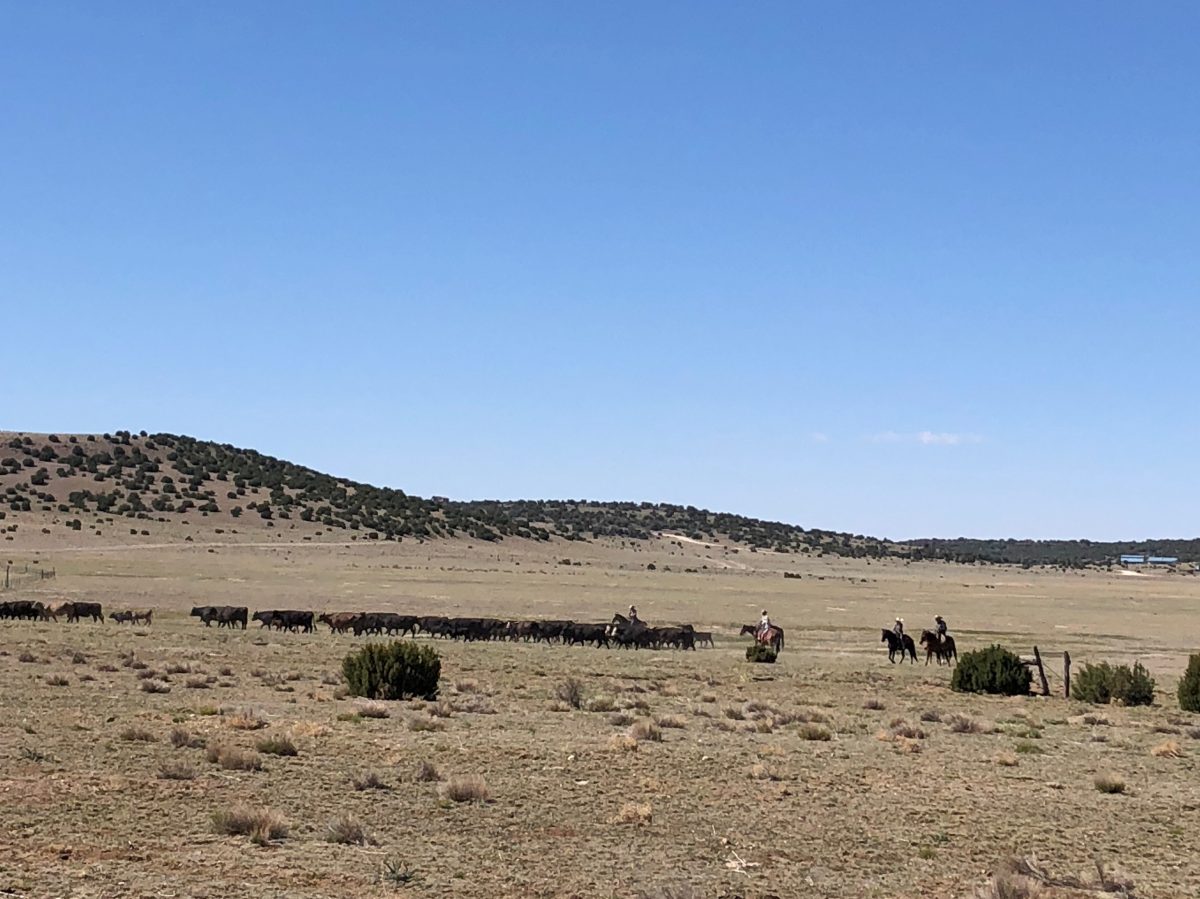Plusses and Minuses for Agriculture with Border Adjustability Tax
Erin Anthony
Director, Communications

photo credit: Arizona Farm Bureau, Used With Permission
Erin Anthony
Director, Communications
A relatively new proposal for a tax system that imposes taxes where a good or service is consumed rather than where it is produced could be a mixed bag for farmers and ranchers. Under the system, known as the border adjustability tax, U.S. exports, including the 25 percent of farm and ranch goods sold overseas, would cost less, making them more appealing to foreign buyers. On the flip side, products imported into the U.S., like many of the inputs farmers rely on, would cost more.
“The border adjustability tax would ultimately make all of the products U.S. farmers and ranchers send overseas 20 percent less expensive. That’s a big plus for any highly exported commodity,” explained Pat Wolff, American Farm Bureau Federation tax specialist.
On the import side of the equation, under the new tax system, the cost of imported goods and services would no longer be deductible, leading to a larger income tax liability for companies that import goods.
Those companies will pass the import costs along to their customers, pushing up prices for imported products, which will put the squeeze on farmers who rely on imported fuel, petroleum-based chemicals and fertilizer.
Pat Wolff, AFBF tax specialist
Wolff encouraged farmers and ranchers to consider how the border adjustability tax will help or harm their businesses.
“They need to take a look at how much of their product goes overseas, and compare the potential benefits of export sales with the additional costs of the imported inputs they use.”
Once farmers and ranchers have a handle on the plusses and minuses of the border adjustability tax, their next move should be a call or email to their congressional lawmakers.
“This is a serious proposal. Senators and representatives need to know how their constituents will be affected,” she said.
There is also the issue of how the tax will be perceived beyond our borders. If one or more of our trading partners see it as a violation of our trade agreements, they could launch a World Trade Organization challenge. While the WTO dispute settlement process is lengthy, challenging countries could impose countervailing duties outside of that process.
The border adjustability tax was included in the House Republicans’ tax reform blueprint, which was released last summer. The House Ways and Means Committee last week held a hearing on the tax. Farm Bureau has not taken a position on the border adjustability tax, but is monitoring legislative action closely. For Farm Bureau to support the final tax reform blueprint, it must comply with the United States’ international trade commitments.